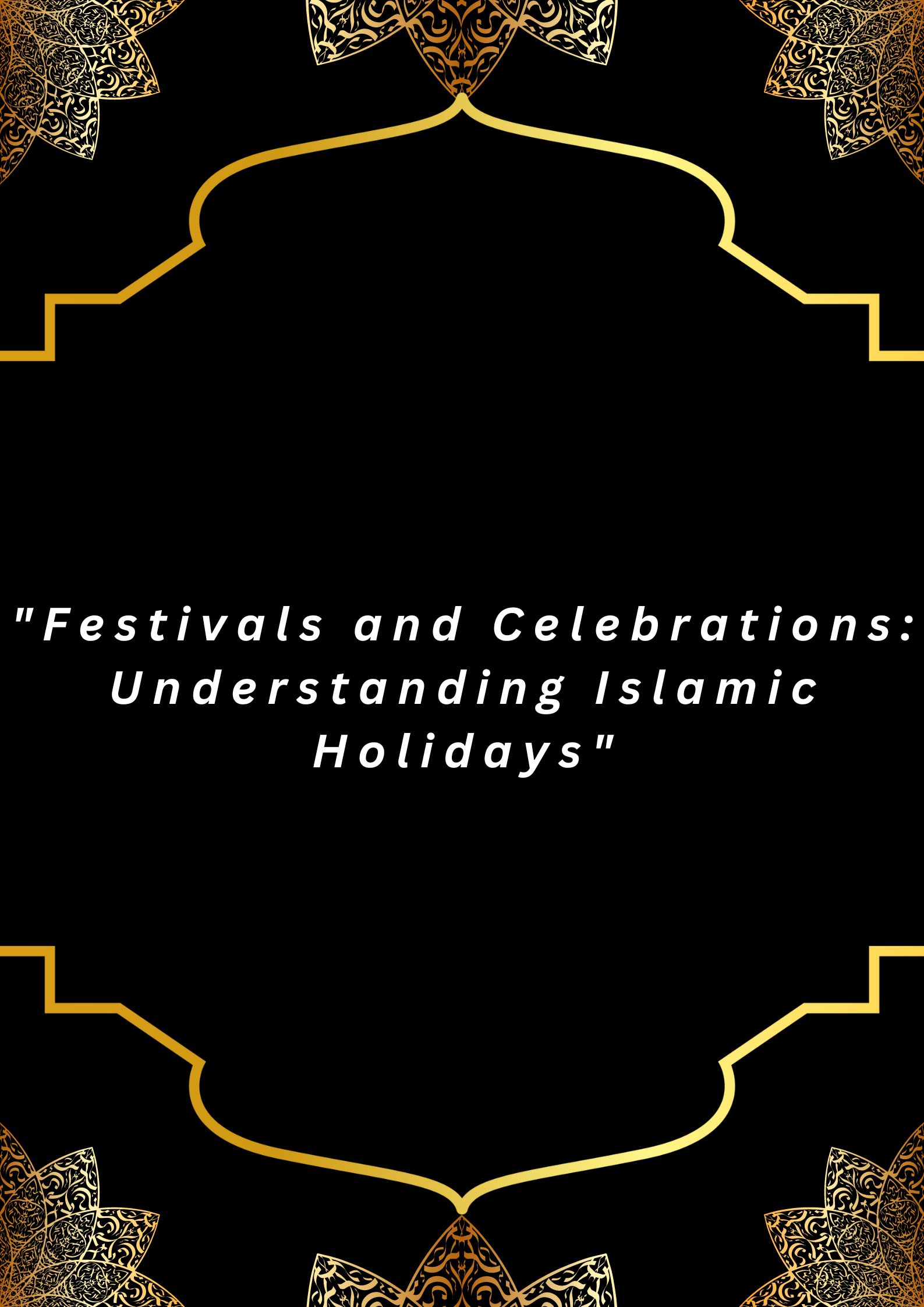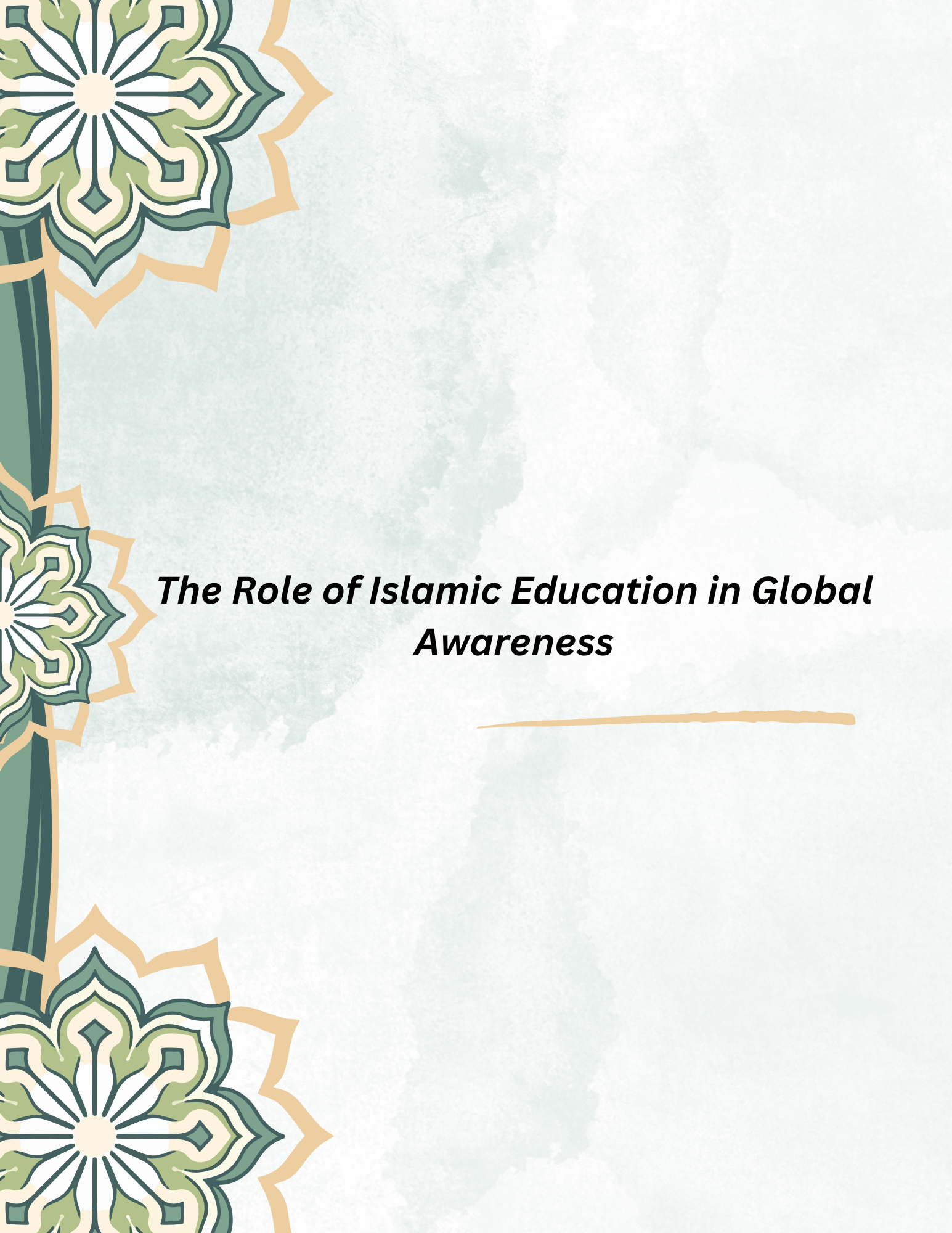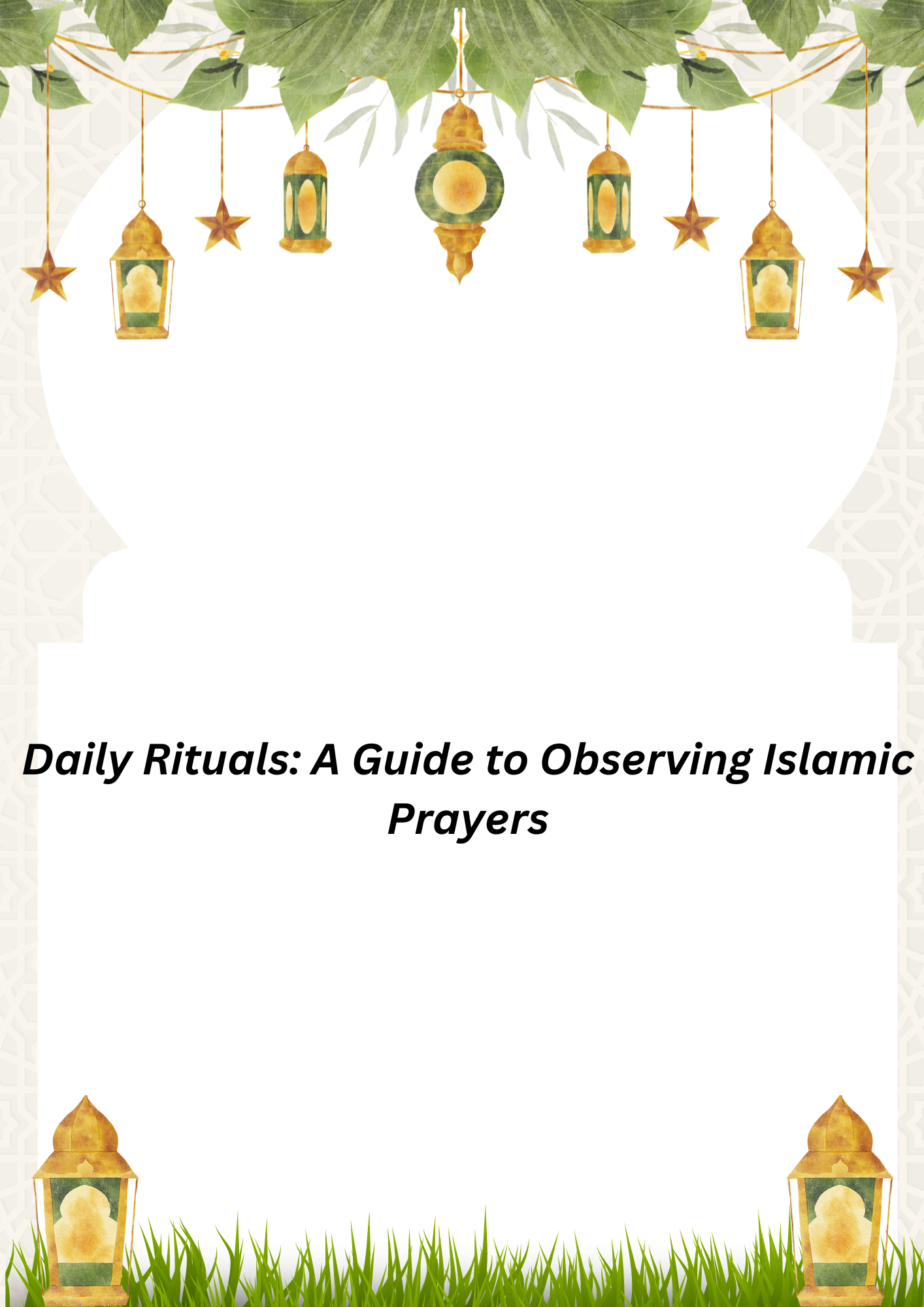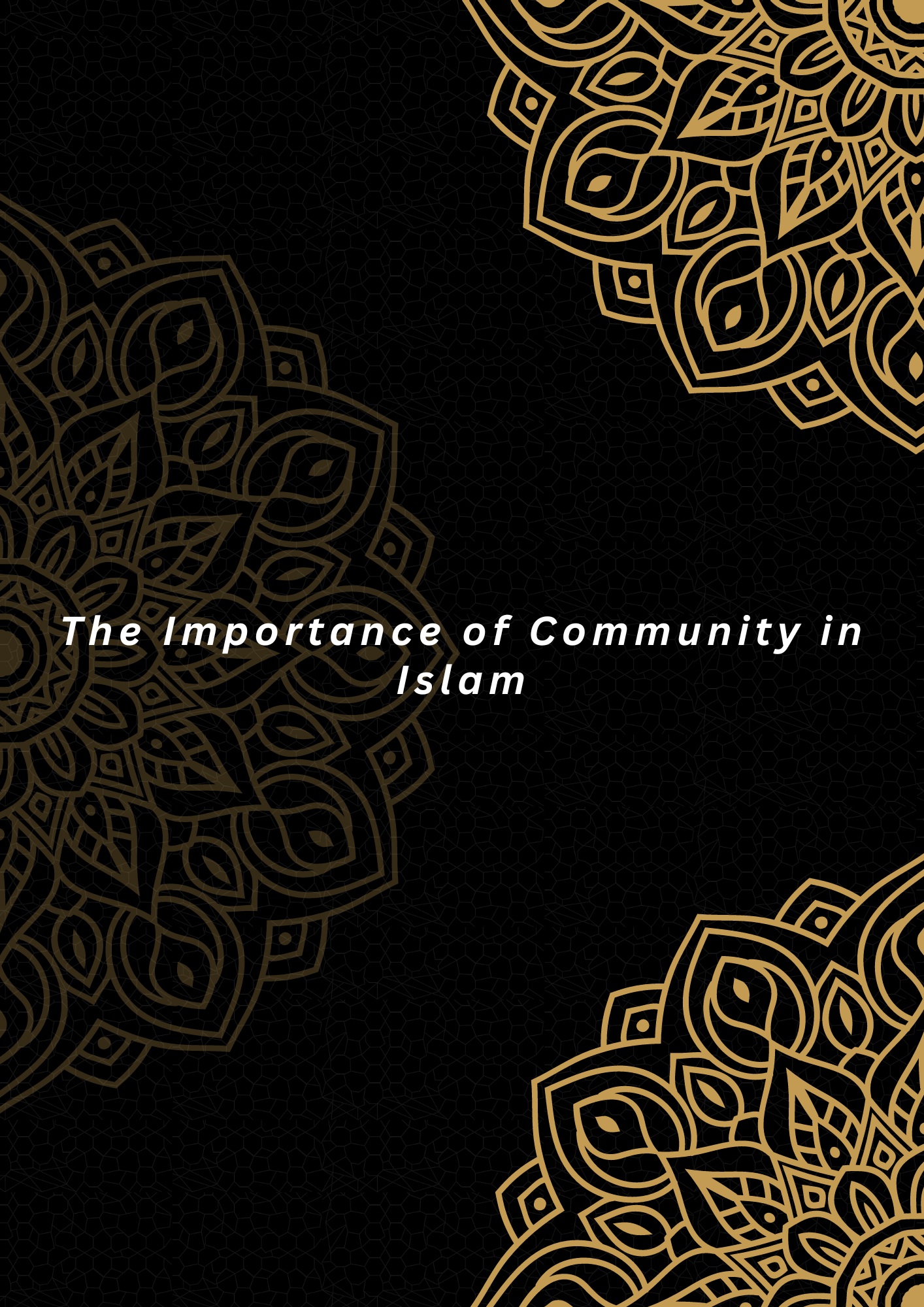Islamic holidays are vibrant expressions of faith, community, and tradition, marking significant events in the Islamic calendar. These festivals and celebrations not only hold deep religious significance but also foster a sense of unity and joy among Muslims worldwide. This article delves into the major Islamic holidays, exploring their meanings, customs, and the ways in which they are observed.
Major Islamic Holidays
- Eid al-Fitr (Festival of Breaking the Fast):
Eid al-Fitr marks the end of Ramadan, the holy month of fasting. It is a time of immense joy and gratitude, celebrating the successful completion of a period of spiritual reflection, self-discipline, and heightened devotion.
- Significance: Eid al-Fitr signifies the end of Ramadan and is a day of thanksgiving to Allah for the strength and patience shown during the month of fasting.
- Customs: The day begins with a special prayer (Salat al-Eid) performed in congregation. Muslims dress in their finest clothes, give Zakat al-Fitr (charity given to the poor), and enjoy festive meals with family and friends. Traditional sweets and dishes vary by region, but the spirit of sharing and generosity is universal.
- Celebrations: Festivities often include visiting friends and relatives, exchanging gifts, and engaging in community activities. In many Muslim-majority countries, public holidays are declared, allowing people to fully participate in the celebrations.
- Eid al-Adha (Festival of Sacrifice):
Eid al-Adha, also known as the Greater Eid, commemorates the willingness of Prophet Ibrahim (Abraham) to sacrifice his son as an act of obedience to Allah. This festival coincides with the Hajj pilgrimage in Mecca.
- Significance: Eid al-Adha honors the spirit of sacrifice and submission to Allah’s will. It is a reminder of the importance of faith, devotion, and compassion.
- Customs: The day begins with the Eid prayer, followed by the ritual of Qurbani (sacrifice of an animal, usually a goat, sheep, cow, or camel). The meat is distributed among family, friends, and the needy, ensuring that everyone can partake in the celebration.
- Celebrations: Similar to Eid al-Fitr, Eid al-Adha involves wearing new clothes, sharing festive meals, and spending time with loved ones. The emphasis on charity and communal harmony is particularly strong during this festival.
- Ramadan (The Holy Month):
While not a festival in itself, Ramadan is a significant period in the Islamic calendar. It is a month of fasting, prayer, reflection, and community.
- Significance: Ramadan commemorates the first revelation of the Quran to Prophet Muhammad (peace be upon him). It is a time for Muslims to purify their souls, practice self-discipline, and increase their worship.
- Customs: Muslims fast from dawn to sunset, refraining from eating, drinking, smoking, and marital relations. The pre-dawn meal is called Suhoor, and the meal to break the fast at sunset is called Iftar. The night prayers (Taraweeh) are also a special part of Ramadan observances.
- Celebrations: The sense of community is strengthened as families and friends gather for Iftar meals. Mosques are filled with worshippers, and acts of charity are highly encouraged. The last ten days of Ramadan are particularly significant, with Laylat al-Qadr (the Night of Power) being the most sacred.
- Islamic New Year (Hijri New Year):
The Islamic New Year, also known as Hijri New Year, marks the beginning of the Islamic lunar calendar year. It commemorates the Hijra, the migration of Prophet Muhammad (peace be upon him) from Mecca to Medina.
- Significance: The Hijra was a pivotal event in Islamic history, leading to the establishment of the first Muslim community in Medina.
- Customs: The Islamic New Year is a time for reflection and prayer. Unlike the celebratory nature of other Islamic holidays, it is observed in a more subdued and contemplative manner. Muslims may attend special prayers and listen to sermons recounting the significance of the Hijra.
- Celebrations: While the Islamic New Year is not as widely celebrated with feasts and festivities, it serves as a reminder of the Islamic heritage and the importance of community and faith.
- Mawlid al-Nabi (Birth of the Prophet):
Mawlid al-Nabi celebrates the birth of Prophet Muhammad (peace be upon him), the final messenger of Islam. This day is observed with great reverence and devotion.
- Significance: Mawlid al-Nabi is an occasion to honor the life and teachings of the Prophet, reflecting on his exemplary character and his contributions to Islam.
- Customs: Celebrations vary widely across different cultures. They may include reciting poems and songs in praise of the Prophet, organizing religious lectures and discussions, and engaging in acts of charity.
- Celebrations: In many communities, processions and communal prayers are held. Homes and mosques are decorated, and special meals are prepared. It is a time for Muslims to come together in a spirit of love and reverence for the Prophet.
Conclusion
Islamic holidays are rich in spiritual and cultural significance, providing opportunities for Muslims to reaffirm their faith, strengthen community bonds, and express gratitude and devotion. Each festival and celebration is marked by distinct customs and traditions that reflect the diverse cultures within the global Muslim community. Whether through fasting, prayer, charity, or festive gatherings, these holidays embody the core values of Islam, fostering a sense of unity, compassion, and joy among Muslims around the world.



